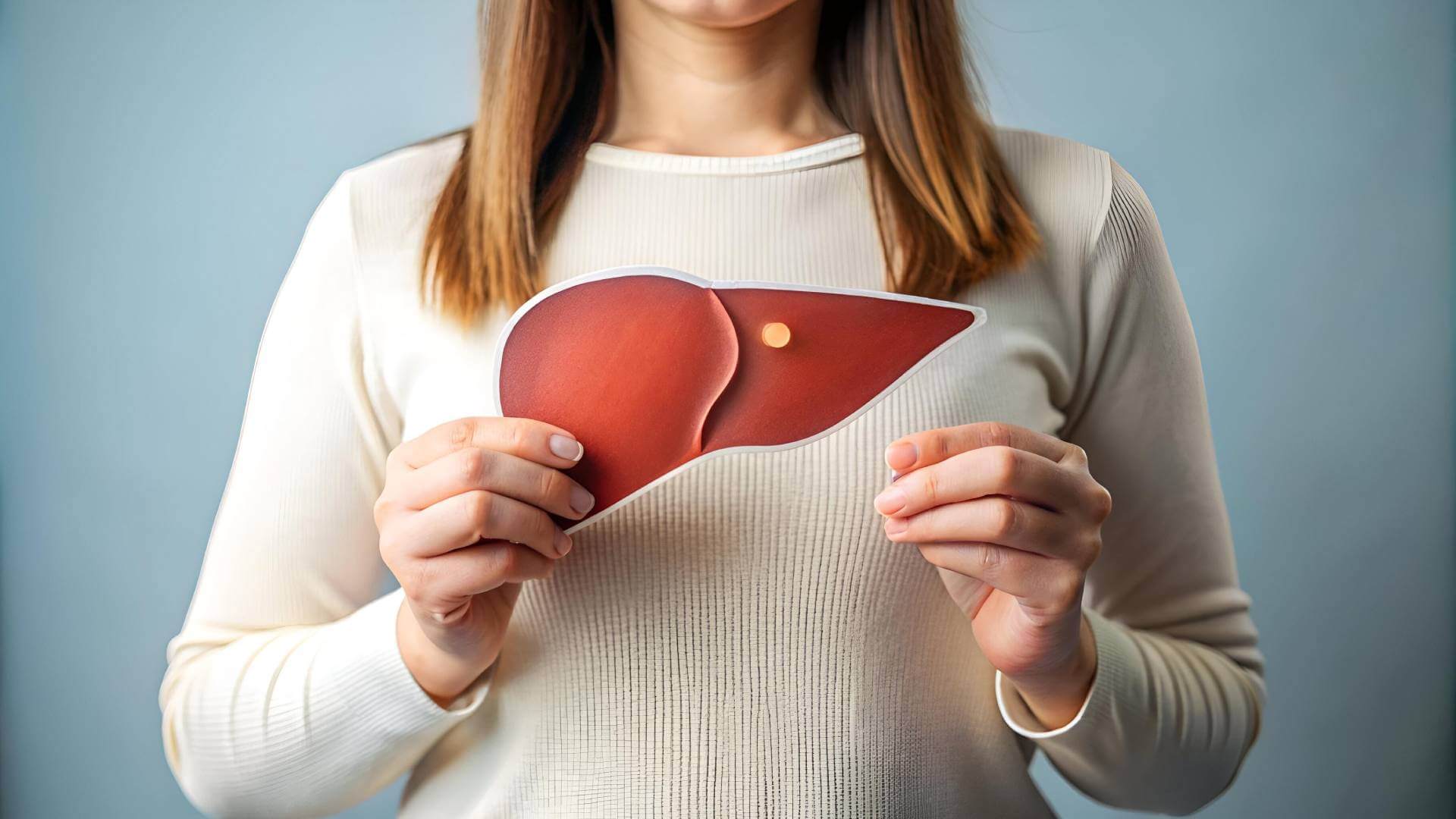FibroScan® in Florida
What is FibroScan?
FibroScan is an ultrasound technology utilized by the gastrointestinal physicians at Gastroenterology Associates of Florida to noninvasively examine the liver. Also referred to as transient elastography, the elastography technology utilizes specialized ultrasound technology to measure the occurrence of fibrosis and steatosis within the liver. Fibrosis happens when the liver replaces healthy tissue with cicatrix (scar) tissue in an attempt to heal itself from an underlying condition. Hepatic steatosis is also called fatty change and presents when fat builds up inside the liver cells.
Using FibroScan, your Florida GI specialists can measure the condition and function of your liver, and supply a diagnosis and treatment plan without invasively probing the body to review the liver. If you suffer from a liver problem, arrange an appointment with Gastroenterology Associates of Florida to learn if you might find value from FibroScan technology.

Who is a candidate for FibroScan testing?
FibroScan analysis may be favored for individuals who have initial to progressive liver disease or other conditions. These could involve:
- Hemochromatosis
- Cirrhosis of the liver (excessive scarring)
- Dysmetabolic syndrome
- Different kinds of chronic liver disease (CLD)
- NASH or nonalcoholic steatohepatitis
- Particular types of hepatitis
- PBC or Primary biliary cholangitis
- Alcoholic FloridaD
How is FibroScan conducted?
A FibroScan exam in Florida is typically a comfortable technique that is completed within 10 – 15 minutes. A detector will be put on your skin over your liver. This special detector radiates sound waves through your liver to quantify the rate where sound moves through the organ. The FibroScan system then yields a series of outcomes that your Gastroenterology Associates of Florida gastrointestinal providers will analyze to categorize the degree of stiffness (fibrosis) in parts of your hepatic system (liver).
How do you read and explain FibroScan results?
FibroScan results are given based on fatty liver disease grade and fibrosis score. The following charts contain general reports relating to what the results of the scan might show. You should talk over your results in specifics with your Gastroenterology Associates of Florida GI specialists following your FibroScan scan.
Steatosis grade of severity: The fatty change findings explain the level of steatosis in the liver and is provided by way of a controlled attenuation parameter (CAP) score, which is evaluated in dB/m (decibels per meter). The reach is from 100 to 400 decibels per meter, and assorted ranges contribute to a different fatty liver grade.
Fibrosis score: The fibrosis end result is an evaluation of the stiffness of the liver and symbolizes the layer of scarring that the liver has experienced. Your gastrointestinal physicians will utilize your FibroScan result combined with your medical history to discern your fibrosis score. different liver diseases and conditions can affect the fibrosis score.
- F0 to F1: No scarring/mild scarring
- F2: average scarring
- F3: Severe scarring
- F4: extremely progressive scarring (cirrhosis)
Specialized care for liver conditions
Because FibroScan utilizes ultrasound technology, there is little to no problem linked with the treatment plan. FibroScan is a non-invasive ultrasound practice and therefore is typically not unpleasant. It enables a wide-ranging study of the whole liver rather than an examination of only a tiny fragment that takes place in a liver biopsy. Moreover, no sedation is required for the treatment, it is relatively affordable, quickly accomplished, and the results are prompt.

Specialized care for liver conditions
FibroScan® FAQs
How should I prep for my FibroScan exam?
We ask that you do not drink or eat anything three hours before your FibroScan procedure. You can still take your medications as normal. Our GI doctors suggest you wear loose clothing so it’s simpler for our team to reach the right side of your ribcage. Our staff will discuss these specifics with you before your procedure to ensure you know what you can expect from the FibroScan process.
What liver conditions will FibroScan monitor?
The FibroScan test can discover and observe the progression of various disease of the liver, including:
- NAFLD (nonalcoholic fatty liver disease)
- Alcoholic liver disease
- NASH (non-alcoholic steatohepatitis)
- Hepatitis B and C
- Hemochromatosis
What is the difference between FibroScan and an ultrasound?
The FibroScan test uses the same technology a normal ultrasound is known to use, called transient elastography. While they are similar, FibroScan was developed specifically to measure how stiff the liver is and is more sensitive to discovering issues within the liver than an ultrasound.
Is FibroScan better compared to a liver biopsy?
FibroScan is an excellent nonsurgical alternative to a liver biopsy. Even so, there may be certain instances in which a liver biopsy could be preferred. This includes situations like a person who has a pacemaker or defibrillator, who is pregnant, or who has fluid in their abdomen. Results might become distorted in patients who are considered obese. Keeping all of this in mind, our Gastroenterology Associates of Florida GI specialists will work alongside you to help you decide if FibroScan or a traditional liver biopsy is better for your needs.
